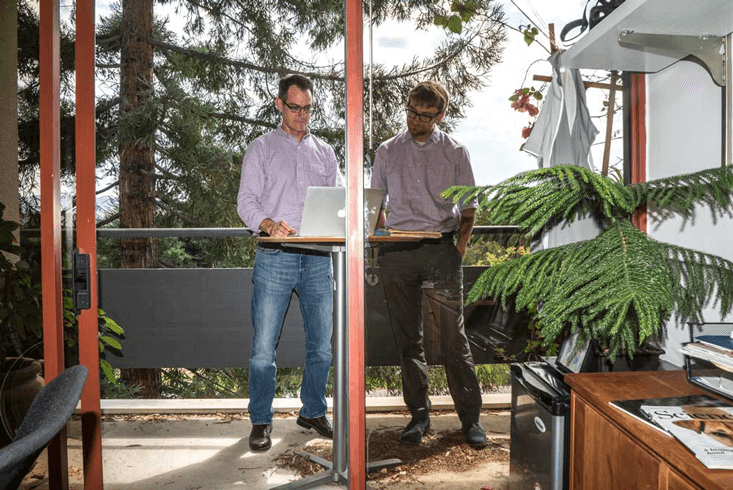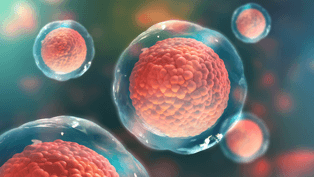How the Western Diet Has Derailed Our Evolution - Issue 30: Identity - Nautilus
Curated from: nautil.us
Ideas, facts & insights covering these topics:
9 ideas
·2.41K reads
4
Explore the World's Best Ideas
Join today and uncover 100+ curated journeys from 50+ topics. Unlock access to our mobile app with extensive features.
Microbes
Research found the following difference in stomach microbes of different individuals:
- Intestinal microbes of people living in villages, having a natural diet, are much more complex, and can degrade fiber.
- People in cities, eating a western diet, have microbes in their stomach adapted towards processing protein, fats, and sugars.
66
321 reads
Wrong Baseline Data
Due to the new kinds of microbes discovered in villagers, all the previous research on diet and microbes, which used the baseline data of the Western civilization microbe, thought to be the healthy and normal microbe, is now incorrect.
61
260 reads
Digesting Fibre
The Western world has stomach microbial communities that could digest junk food and might re-diversify and recover (to a limited extent) if we just ate more whole grains and veggies.
60
267 reads
Internal Extinction
The microbial die-outs, a form of mutation inside our stomach due to our specific diets, gets compounded across generations.
This is leading to a sort of internal 'extinction' of microbes, which were abundant inside our ancestors, but are not present in us.
56
226 reads
Microbial Extinction
As Western civilization fails to nourish key microbes, the type of food taken is starving them out of existence. Many factors cause this:
- Antibiotics 'nuke' our internal ecosystems, killing all good microbes.
- Sanitary facilities of the modern age prevent the sharing of disease, along with health-promoting microbes.
- City life limits our exposure to soil, plant and animal microbes.
65
218 reads
New Kinds of Diseases
As the Medical and Pharma industries get equipped with better research and technology, there should ideally be a decline in diseases. Instead, we have an increase in non-communicable diseases.
This rise can be blamed partly to the microbial extinction inside us, altered by Sanitation, Antibiotics and Junk food.
58
205 reads
A Stronger Immunity
Westerners who grew up in villages, in farms, living among livestock at a ranch, or are exposed to certain infections at an early age, tend to have a lower risk of autoimmune diseases.
57
221 reads
Fiber-Rich Diet
Americans consume less fiber than what is recommended, eating fewer nuts, whole grains and fruits and vegetables.
A fiber-rich balanced diet is known to prevent colon cancer, diabetes, and heart disease.
73
339 reads
Chronic inflammation
Regular poor diet leads to a rise in endotoxins in our bloodstream, making the immune system respond to this by inflammation.
Chronic inflammation, every time we eat junk food, leads to cellular dysfunction and diseases of the stomach and organs.
72
358 reads
IDEAS CURATED BY
Andrea A.'s ideas are part of this journey:
Learn more about health with this collection
How to create a cosy and comfortable home environment
How to cultivate a sense of gratitude and contentment
The benefits of slowing down and enjoying simple pleasures
Related collections
Similar ideas
5 ideas
4 ideas
The Pros And Cons Of The Paleo Diet
huffpost.com
Read & Learn
20x Faster
without
deepstash
with
deepstash
with
deepstash
Personalized microlearning
—
100+ Learning Journeys
—
Access to 200,000+ ideas
—
Access to the mobile app
—
Unlimited idea saving
—
—
Unlimited history
—
—
Unlimited listening to ideas
—
—
Downloading & offline access
—
—
Supercharge your mind with one idea per day
Enter your email and spend 1 minute every day to learn something new.
I agree to receive email updates









